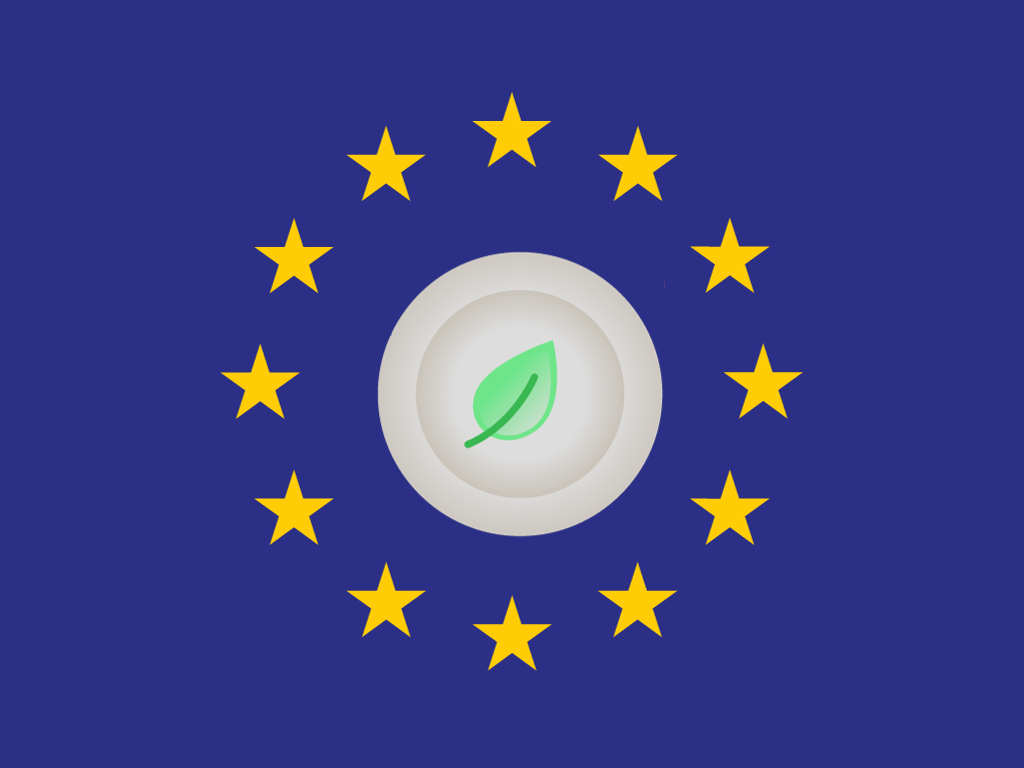Farmer Groups Say We Need to Eat Less Meat, Ask EU Commission to Create Plant-Based Action Plan
8 Mins Read
An EU-funded report by agrifood lobbies has recognised the need to eat less meat and shift towards more sustainable diets, asking the EU Commission to create a plant-based action plan by 2026.
We’re eating too much meat, and we need to shift to plant-based proteins to save the future of food and farming in the face of climate disaster.
That may sound like an impassioned call from a climate advocacy group, but this was actually a conclusion made with lobby groups that represent Europe’s farmers.
In a joint report presented to EU Commission president Ursula von der Leyen, 29 organisations agreed on the findings after a fraught seven-month process, as part of the Strategic Dialogue on the Future of EU Agriculture.
The shared vision stated that business as usual is not an option for EU farmers – they need bold, swift and timely policy intervention to progress towards more sustainable practices and tackle the climate emergency, biodiversity loss, soil degradation, inflation, and consumer health.
“We must do more – and we will do more – to protect our farmers and to make the agrifood system more resilient, more competitive, but most importantly also more sustainable,” von der Leyen told reporters after accepting the report.
Grateful to the Strategic Dialogue & Chair Prof. Strohschneider.
— Ursula von der Leyen (@vonderleyen) September 4, 2024
For their vision and concrete recommendations for an agriculture that works with and for nature.
And that promotes a competitive European food value chain.
Let's keep that positive spirit alive.
The stakeholders – involving everyone from farm lobbies to green groups – had five broad recommendations to advance the EU’s food system: creating a more competitive future, advancing towards a sustainable agrifood sector, promoting climate resilience, building agricultural diversity, and broadening access to knowledge and innovation.
As part of these, the Strategic Dialogue acknowledged that it was vital to support ongoing efforts to transition from animal proteins to plant-based options. “The sustainable choice needs to become the choice by default,” the report said, asking the EU Commission to develop an EU Action Plan for Plant-Based Foods by 2026 to “strengthen the plant-based agrifood chains from farmers all the way to consumers”.
It also namechecked other alternative protein technologies like precision fermentation and products such as cultivated meat, as part of a range of “concrete technological innovations” that stakeholders debate over – whether to call for faster approval or raise questions about their potential safety risks.
Whether these recommendations turn into policy is another question, with von der Leyen suggesting these will feed into an agrifood roadmap that she’ll present within the first 100 days of her new mandate. While the report’s findings were welcomed by green advocacy groups, they’re also exercising caution, given the EU’s recent track record with environmental policies.
How the EU can nudge greener consumer diets
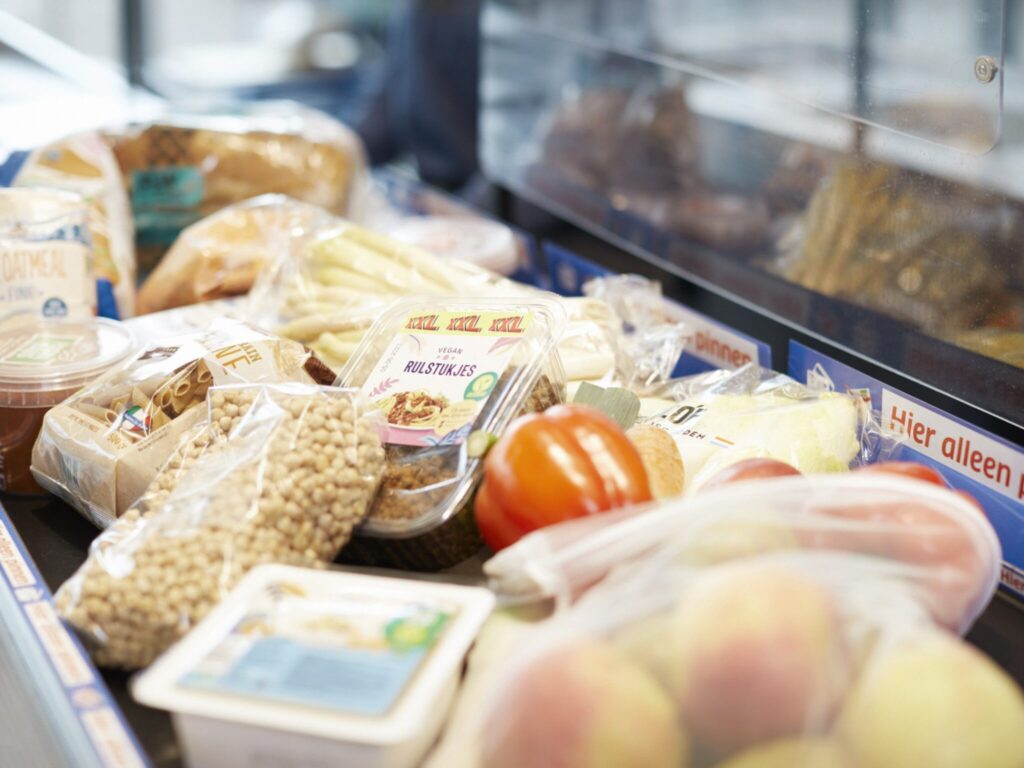
The report noted how average protein consumption – in the EU particularly from animal sources – exceeds dietary recommendations by public and scientific bodies.
This is why consumer organisations, NGOs, health and education services, EU member states, and local authorities should work together to encourage “sustainable, balanced, and healthy diets” by developing people’s interest in planet-friendly eating patterns.
Providing free meals for children in primary schools is a key measure, as is initiating education programmes at these ages to enhance nutrition education and food literacy. The EU Commission was asked to consider if the bloc’s school scheme – which promotes produce, milk and dairy products – could be upgraded to help the transition towards healthier and less resource-intensive diets.
The EU and its member states were also urged to update their food-based dietary guidelines to integrate sustainability and develop strategies to increase consumption of climate-friendly food – this year, neighbours Germany and Austria have already done so.
Stakeholders should also implement policies and collaborative initiatives to encourage the use of a diversity of varieties, breeds, food processing techniques and food cultures, while coherence between the EU’s agrifood promotion policy and other objectives like healthy eating guidelines and sustainability goals is a must.
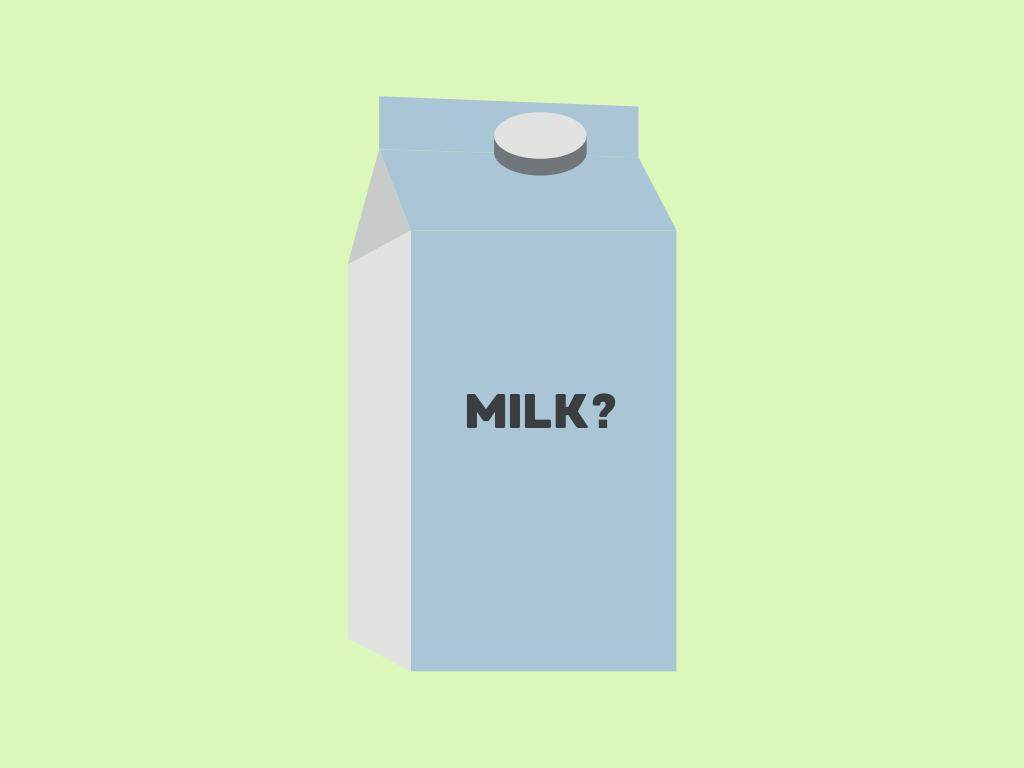
The focus on sustainable diets didn’t set any targets for cutting back meat production, but the report advised the EU Commission to update food labelling regulations to let consumers make informed food choices around sustainability and animal welfare. The EU currently doesn’t allow food producers to use terms like ‘milk’ and ‘cheese’ on alt-dairy labels.
The Commission was also asked to publish a report and accompanying legislation on national measures over the marketing of food high in fat, sugars and salt to children, as well as provide tax reductions (like VAT) to ensure consumers have equitable access to choice. Food producers, meanwhile, should step up their efforts to reformulate and create new products with better nutritional composition and environmental value.
Other recommendations revolved around public procurement reform, reducing emissions through greener farm practices, animal welfare legislation (something the EU is facing legal action over), and curbing food waste.
Just transition for farmers central to a sustainable food system
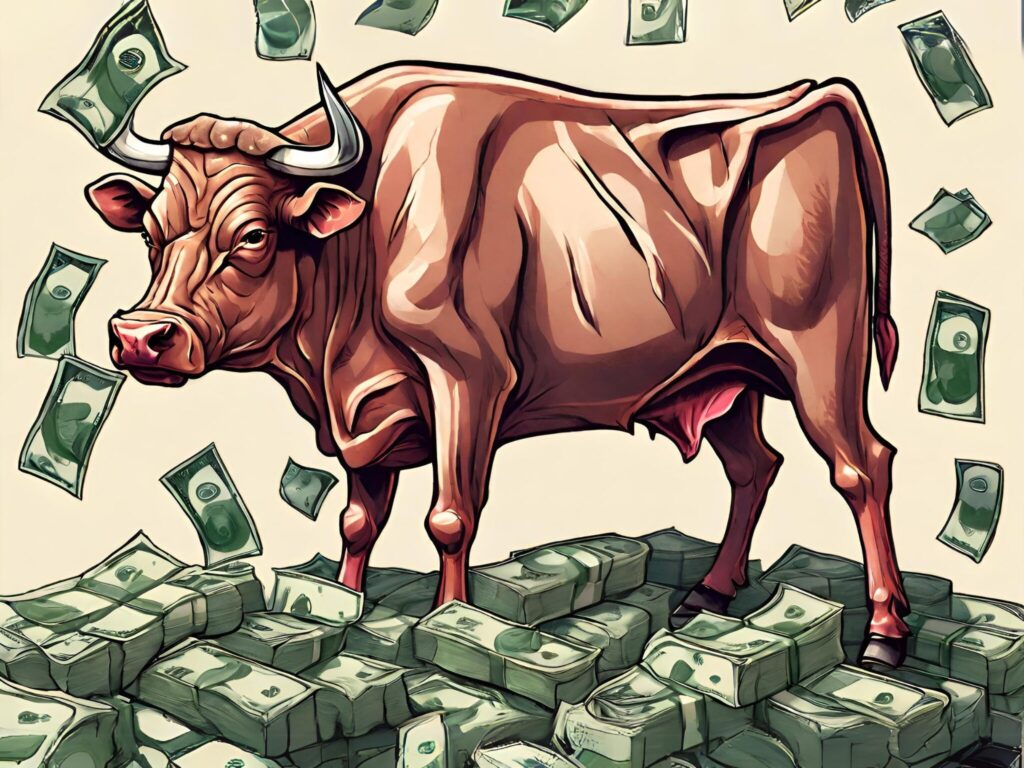
Agriculture is responsible for 11% of the EU’s greenhouse gas emissions, but 84% of these come from livestock, despite animal-based foods providing 35% of calories and 65% of proteins in the EU. The sector is also heavily subsidised, receiving four times as much public money as plant-based farming, and around 82% of the subsidies under the Common Agriculture Policy (CAP).
The CAP’s environmental controls were further weakened this year after intense lobbying, but the report said the policy shouldn’t depend on whether farmers comply with environmental rules beyond existing EU law.
Instead, it recommended separate payments to farmers that use sustainable practices, to be handled by agricultural and environmental authorities. This came after farmers asked for a “substantial annual increase” in climate finance.
Farmers are among the groups most heavily affected by the climate crisis, as well as a shift away from animal agriculture. This is why the report called for a temporary Agrifood Just Transition Fund (separate from the CAP) to dole out one-off grants and loans to help farmers move towards sustainable agriculture.
“While also reinforcing the positive externalities that the sector already provides, this support should facilitate a smooth adaptation process, helping farmers, producers, and workers,” it said.

“Farmers have to be rewarded for good practices and incentivised to produce healthier, more sustainable products,” said Rafael Pinto, policy manager at the European Vegetarian Union (EVU), which published a Plant-Based Manifesto ahead of the June elections that laid out several of the policies recommended in the Strategic Dialogue report, including public procurement, lower VAT rates, and adhering to the One Health approach.
“The transition to these types of productions must also be supported with both funding and training. It’s essential to make sure nobody is left behind,” Pinto told Green Queen. “Producing more plant-based products is not only an opportunity for farmers to diversify their portfolios but also to build more climate resilient productions, ensuring long-term sustainability and adaptation to new consumer trends.”
Actions will speak louder than words
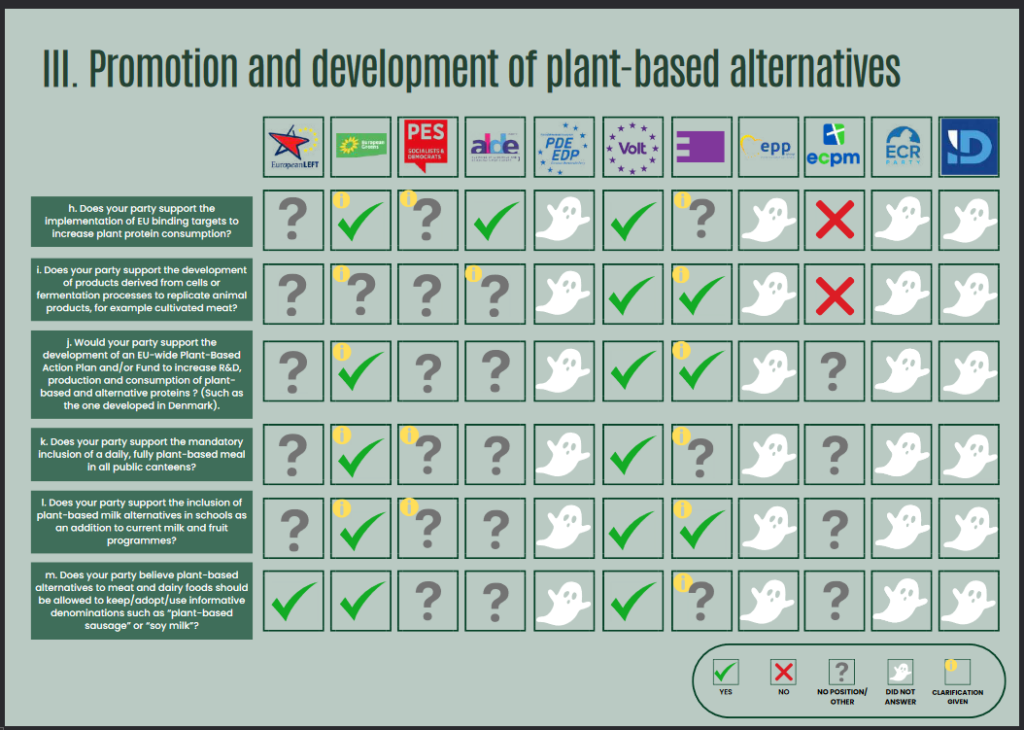
One of the EVU’s recommendations was to devise an action plan for plant-based food, echoing the recommendation from this report. In a questionnaire it sent to 60 Europarties and national parties, 56% indicated support for such a strategy.
If implemented, such an action plan would represent a “seismic shift for the plant-based food sector”, according to Jasmijn de Boo, global CEO of ProVeg International. “It is heartening to know that a serious recommendation has been made to promote climate-friendly, plant-based foods and give nature a fighting chance to recover,” she said.
“We can expect more funding to flow into the plant-based sector under this plan, be that for research, farming and public procurement,” added Lucia Hortelano, senior EU policy manager at ProVeg.
But while it’s a positive sign that von der Leyen will consider a plant-based strategy in her agrifood vision, the true impact will only be dependant on its actual content, warned Pinto.
“A simple report or a vision without concrete measures, targets and funding will not do much for EU farming, the planet or people’s health,” he said. “The conclusions from the Strategic Dialogue are still recommendations for the European Commission. So first, it’s important for Ursula von der Leyen to uphold them.”
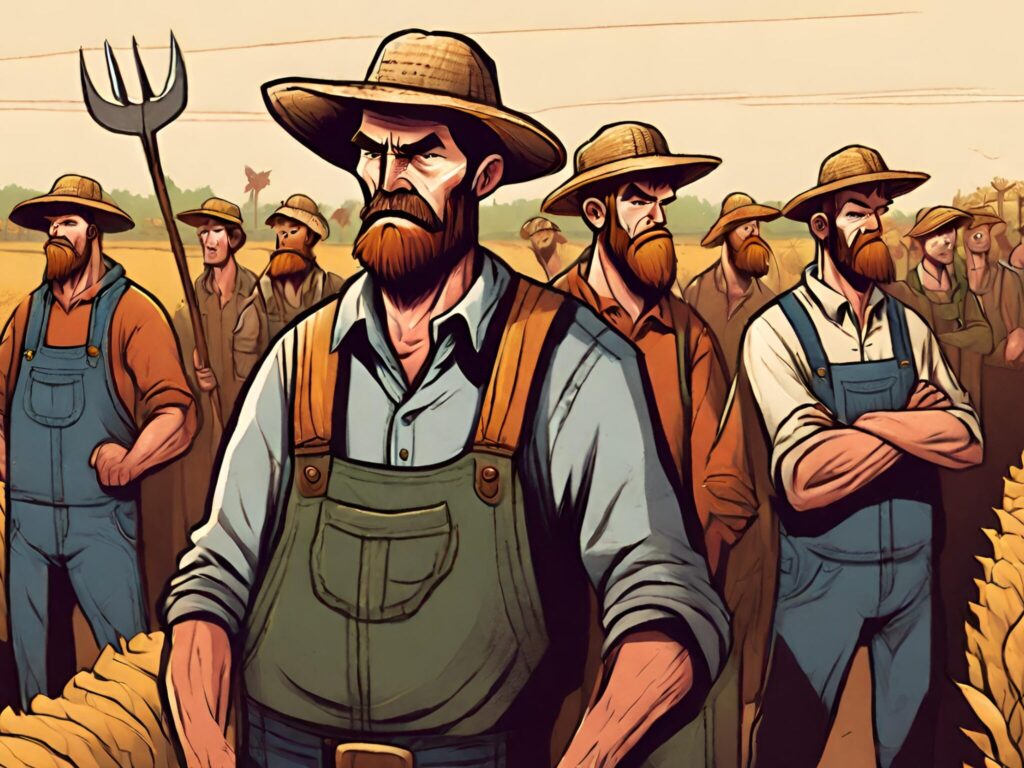
Pinto touched upon the EU’s tendency to flip-flop on its own proposals – for example, the Commission was set to unveil a sustainable food systems framework to support the protein transition at the end of its previous mandate, but ended up abandoning the plan after backlash from interest groups.
“We’ve had great recommendations and even proposals from the Commission in the past that didn’t make it outside the cabinets, so it’s essential to keep highlighting the pivotal role this Action Plan could have for Europe’s farmers, climate transition and citizen’s health,” he said.
“We hope the recommendations in this report and proposals do not go the same route as the Farm to Fork strategy that ended up being almost completely blocked in the process,” he added. Denmark – the first country to devise a national action plan for plant-based food, and impose a tax on meat and dairy production – would be a useful “source of inspiration”,
Pinto outlined the importance of setting targets around a ratio of plant and animal protein, sustainability in public procurement, and the share of funds allocated to plant-based products. It’s also crucial to ensure a level playing field in terms of the disbursement of public subsidies, and support of traditional and innovative vegan proteins.
“The Action Plan must tackle several challenges such as promoting diet changes from the demand-side, creating a more level-playing field for plant-based producers, and ensuring farmers are well compensated for their work,” said Pinto. “Furthermore, significant support must be dedicated to training, promotion and R&D for plant-based products.”

